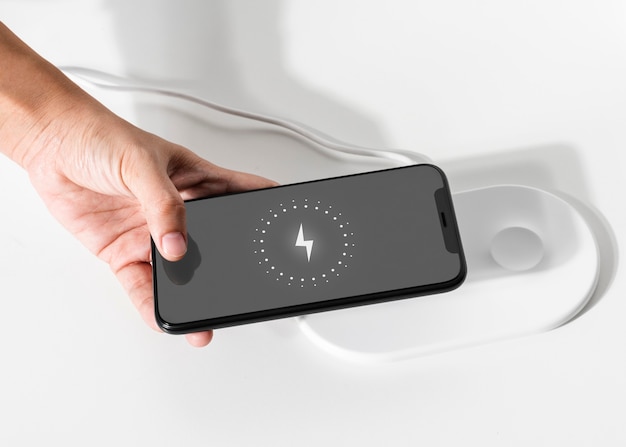
The biggest question for first-time EV buyers is usually about range: “How far can I go on a single charge?” This is a pretty understandable concern. Modern EVs can go about 300 miles on a charge, which means you have to stop at charging stations more often than you would for gas in a traditional car, and charging can take some time. So what’s the solution? Either we get longer range or faster charging. Toyota claims to have made a breakthrough in the range department.
In a technical briefing held in early July, Toyota revealed that it has developed new battery technology that could eventually offer electric cars a massive 745 miles of range on a single charge. They’re even aiming for a battery that could push this range up to 900 miles. However, don’t delay buying your Prius Prime just yet. This new tech still has some challenges to overcome and isn’t ready for prime time. Here’s everything you need to know about Toyota’s solid-state battery technology and its future impact on EVs.
Conventional batteries are pretty straightforward. They have a cathode on one side and an anode on the other. When electrons flow from one side to the other, it creates a circuit and powers your device. So far, EVs have been using essentially the same types of batteries that power our phones and smartwatches. These batteries have a cathode and an anode separated by a porous plastic membrane, through which a liquid electrolyte solution flows to generate current.
A solid-state battery, on the other hand, keeps the basic components—a cathode and an anode—but the separator between them is also the electrolyte. The result? A more energy-dense battery, meaning manufacturers can fit more energy into smaller spaces. Plus, these batteries charge much faster, so you’ll spend less time waiting at charging stations.
Solid-state battery technology isn’t new, but it’s been too expensive and complex to produce on a large scale. Toyota says it has now simplified the manufacturing process, which could be a game-changer for the vehicles that will use these batteries. If the technology meets its potential, it could revolutionize electric cars. Toyota projects that it could offer vehicles with up to 900 miles of range. The company plans to release cars with this new battery technology by 2028, so there’s still some time before it’s available.
What would driving a car with a solid-state battery be like? According to Toyota, the first generation will offer around 740 miles of range and will be able to recharge in about 10 minutes. These batteries will also be safer since they don’t contain the flammable liquid solution found in today’s batteries.
But if you think this will give Toyota an unassailable lead in the EV market, think again. Other companies are also heavily invested in solid-state battery technology. For example, Mercedes-Benz has partnered with ProLogium, Volkswagen has teamed up with QuantumScape, and BMW is working with a U.S. company called Solid Power. So while Toyota might be making the headlines now, it won’t be the only player with long-range, fast-charging cars.
There’s one significant issue that could slow down the adoption of solid-state batteries: lithium supply. These new batteries might use a lot more lithium than current ones—some estimates say five to ten times as much. With a lithium shortage already a concern, this could be a major problem.
So what’s the solution? It’s hard to say right now. Recycling EV batteries could help, but it’s unlikely we’ll be able to recycle enough lithium to meet the new demands. By the time these batteries are ready for mass production, hopefully, the supply situation will have improved. We’ll just have to wait and see how manufacturers tackle this challenge.